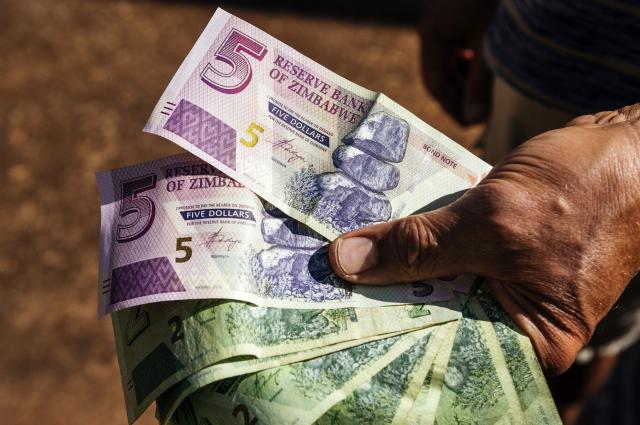Zimbabwe is about to unveil new measures to support its currency amid the decline in both the official and the parallel market, according to the state-controlled Sunday Mail Newspaper.
The planned actions might include changing the weekly foreign exchange auction held by the Reserve Bank of Zimbabwe. The government also intends to boost the market’s supply of U.S. dollars, said Finance Minister, Mthuli Ncube.
“Government will be taking further fiscal and monetary policy measures which may include auction redesign to deal with the volatility,” the Harare-based weekly publication further cited Ncube as saying. “The government will also increase the supply of foreign currency at a time when demand for it is high.”
Zimbabwe has been struggling to stabilise its currency since being back to circulation in 2019. The Zimbabwean dollar has dropped by 32 per cent so far this year on the official market, becoming the worst-performing currency in the world. Over 40 per cent of its value has been decreased on the parallel market.
Zimbabwe’s central bank governor John Mangudya attributed the current wave of exchange-rate volatility to the holders of an increased supply of the local currency rushing to buy U.S. dollars at the end of the 2023. Contributing factors included bonuses paid to civil servants and supplier payments, Mangudya added.
“People think it’s an exchange-rate issue, but it’s largely confidence-related,” Mangudya last Wednesday. “The activity which we have seen in the parallel market in the last three to four weeks is a response to the desire to hold foreign currency.”
The volatility has driven citizens to favour the U.S. dollar to pay for everything from food to fuel, with about 80 percent of all transactions, with the balance done in Zimbabwe dollars, which stokes inflation as prices are heavily influenced by exchange-rate movements, added Mangudya. Annual inflation also accelerated for a second straight month in December to 26.5 per cent even after the statistics office adjusted its price measure to better account for the use of dollars.
“We have economic stability, but currency instability,” he said.
Mangudya, whose term will end next April, urged businesses to support the local currency and refrain from fueling market instability, as most businesses are targeting dollar sales to boost their greenback revenues.


